

 Sflow
Sflow





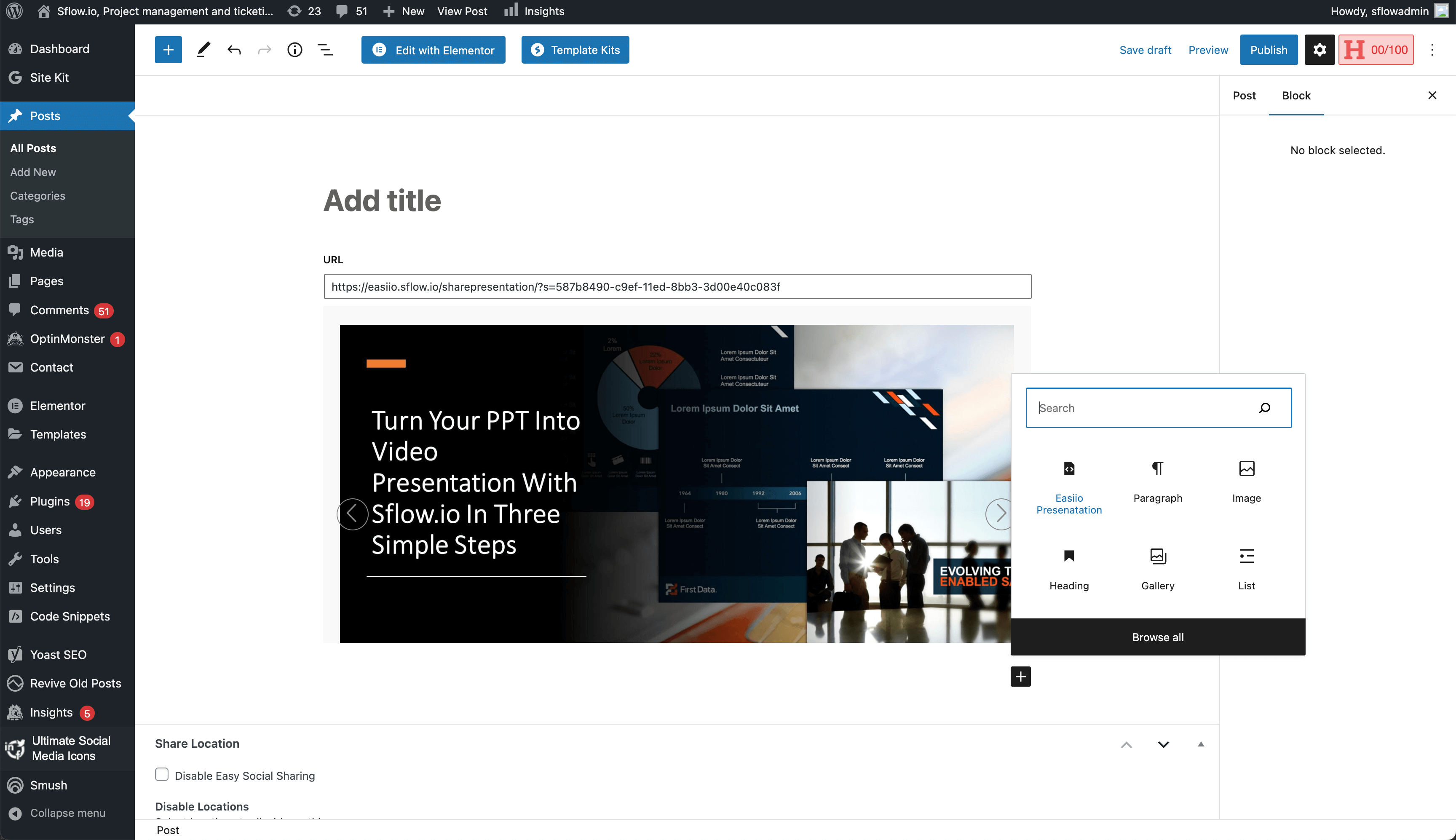
WordPress Plugin
The sFlow Video Presentation WordPress Plugin lets you embed video presentations effortlessly on your WordPress website or blog, without worrying about compatibility issues.You can do a search on WordPress Plugin. It's easy to use and integrates smoothly with WordPress, making it perfect for business owners, educators, or anyone who wants to add engaging video content to their website.
 Sflow
Sflow








WordPress Plugin
The sFlow Video Presentation WordPress Plugin lets you embed video presentations effortlessly on your WordPress website or blog, without worrying about compatibility issues.You can do a search on WordPress Plugin. It's easy to use and integrates smoothly with WordPress, making it perfect for business owners, educators, or anyone who wants to add engaging video content to their website.


Traditional project management and Agile methodology are two distinct approaches to managing projects. Traditional project management follows a linear, sequential process where the project is planned in detail upfront and executed according to that plan. This approach works well for projects with clear requirements and stable scope. On the other hand, Agile methodology is a more flexible and iterative approach that focuses on delivering value incrementally through short development cycles called sprints. Agile is best suited for projects with evolving requirements and high levels of uncertainty. In summary, traditional project management is rigid and plan-driven, while Agile methodology is adaptive and customer-focused.
Traditional project management relies heavily on a sequential, linear approach to planning and executing projects. The main technology used in traditional project management includes tools such as Gantt charts, critical path method (CPM), and project management software like Microsoft Project. These technologies help in creating detailed project plans, tracking progress, and managing resources efficiently. On the other hand, Agile methodology focuses on iterative and incremental development, with a strong emphasis on collaboration, flexibility, and adaptability. The main technology used in Agile methodology includes tools like Scrum boards, Kanban boards, and Agile project management software such as Jira or Trello. These technologies enable teams to work in short sprints, prioritize tasks, and quickly respond to changing requirements. In summary, the main difference between the two approaches lies in their use of technology - traditional project management relies on structured planning tools, while Agile methodology leverages collaborative and adaptive tools for project execution.


When deciding between traditional project management and agile methodology, it is important to consider the specific needs and requirements of the project at hand. Traditional project management follows a linear approach with a focus on detailed planning, strict timelines, and clear deliverables. On the other hand, agile methodology emphasizes flexibility, collaboration, and iterative development. To find the best fit for your project, assess factors such as project complexity, team size, stakeholder involvement, and the level of uncertainty. Traditional project management may be more suitable for projects with well-defined requirements and a stable scope, while agile methodology can be beneficial for projects that require frequent adjustments and continuous feedback. Ultimately, the choice between the two approaches should align with the goals and constraints of the project to ensure successful delivery.

Leverage the power of agile methodologies and AI tools to enhance team collaboration and project success.

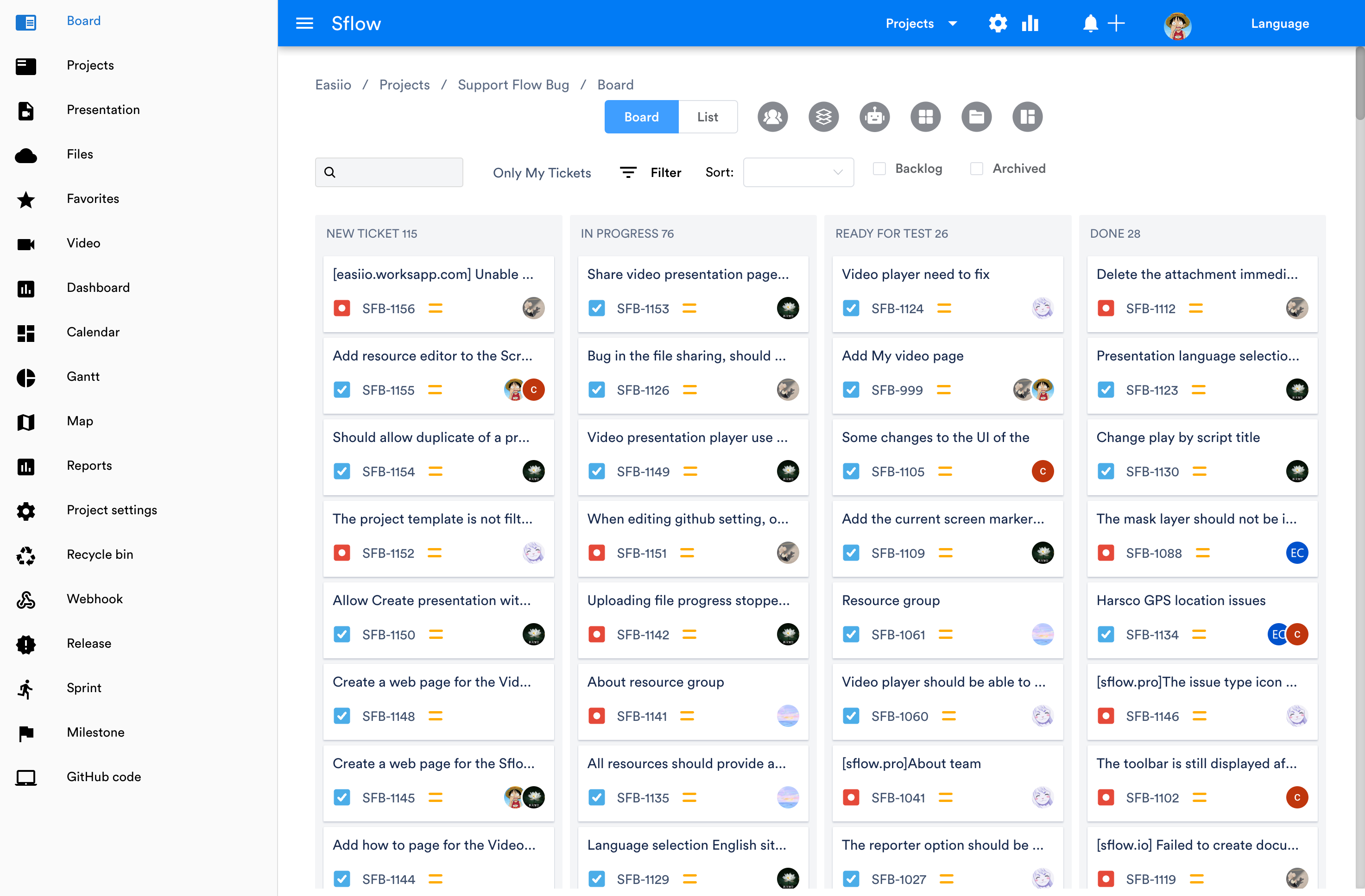

01. Kanban view
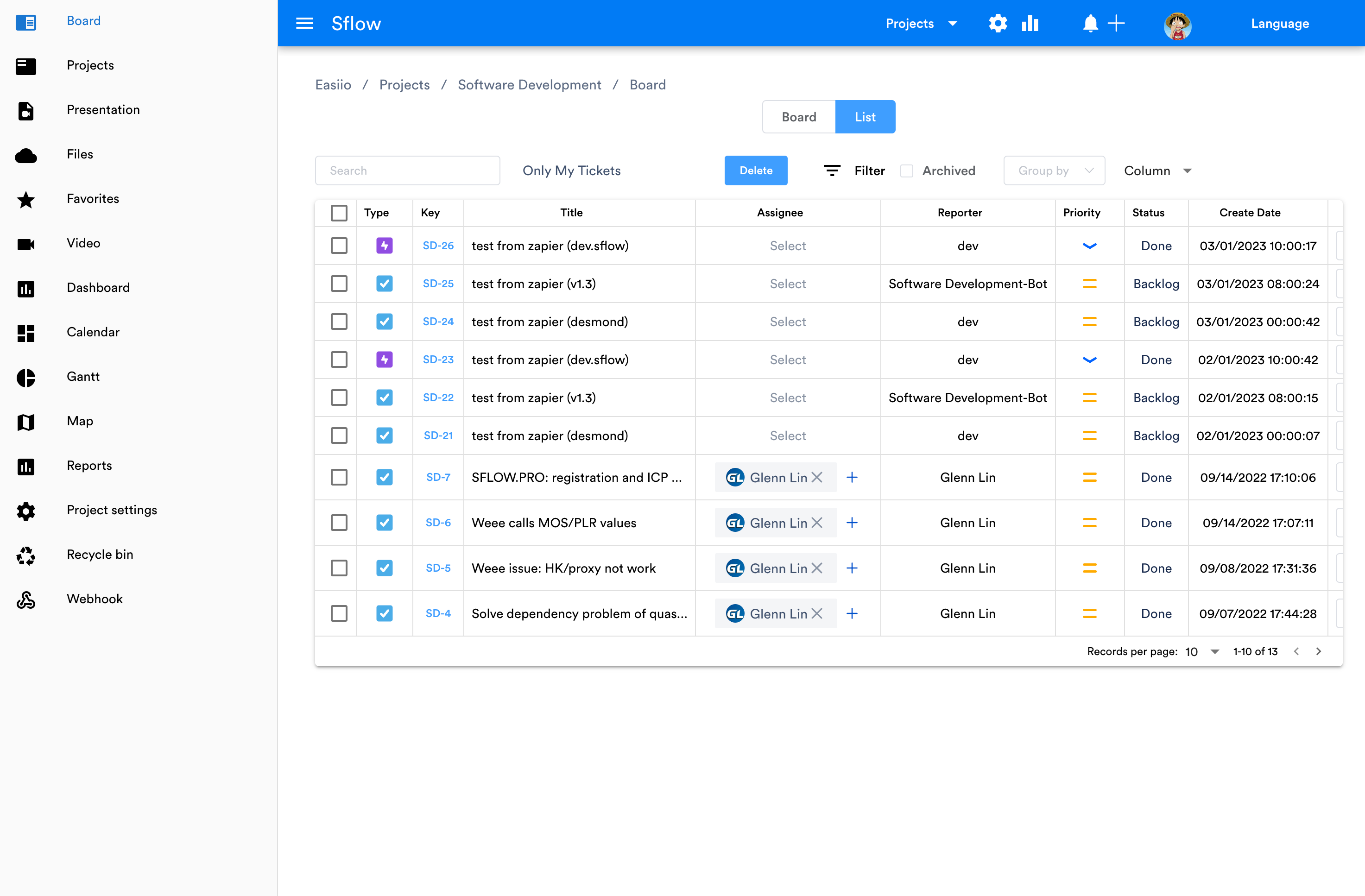
02. List view
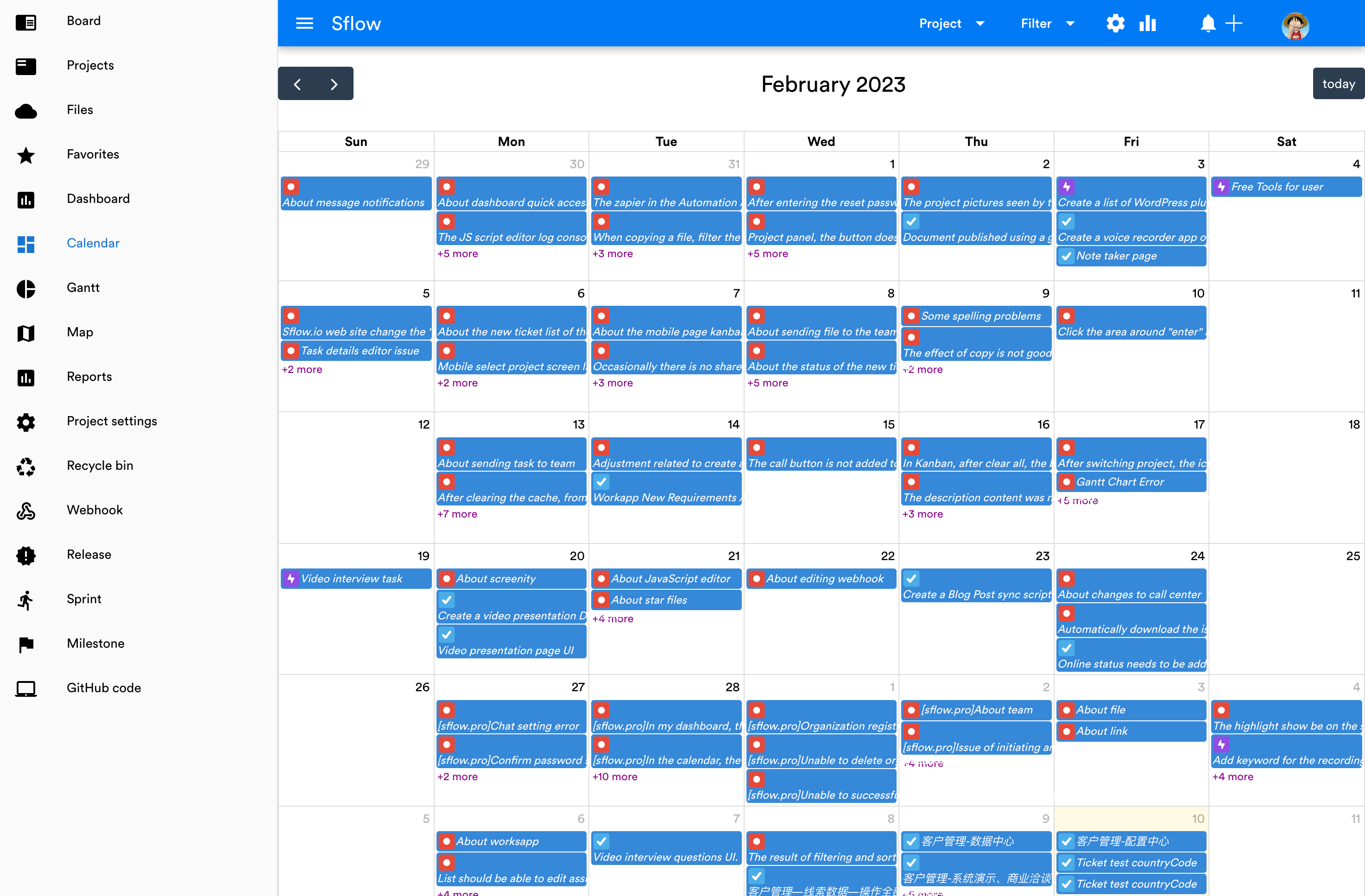
03. Calendar view
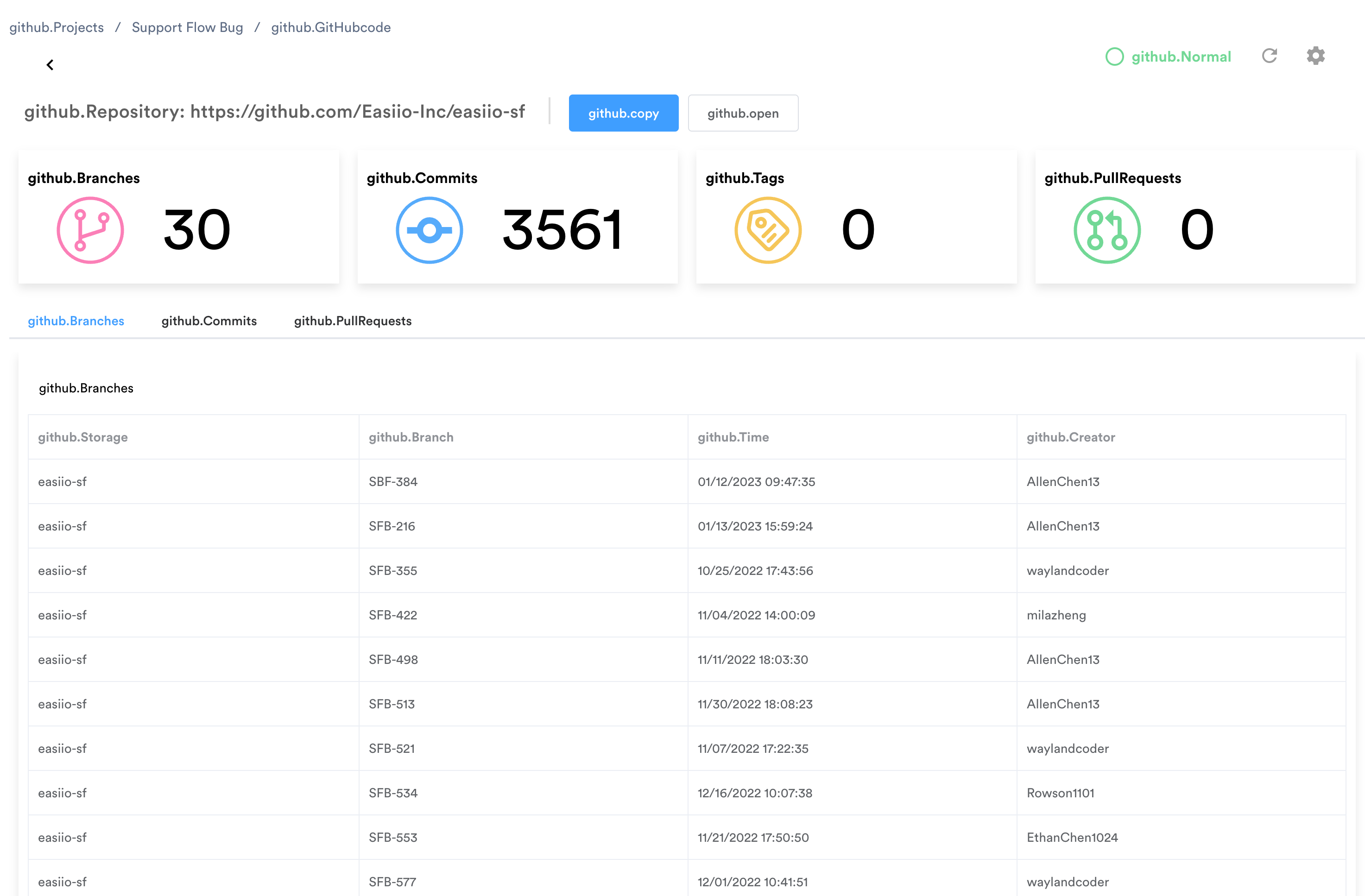
04. Github integration
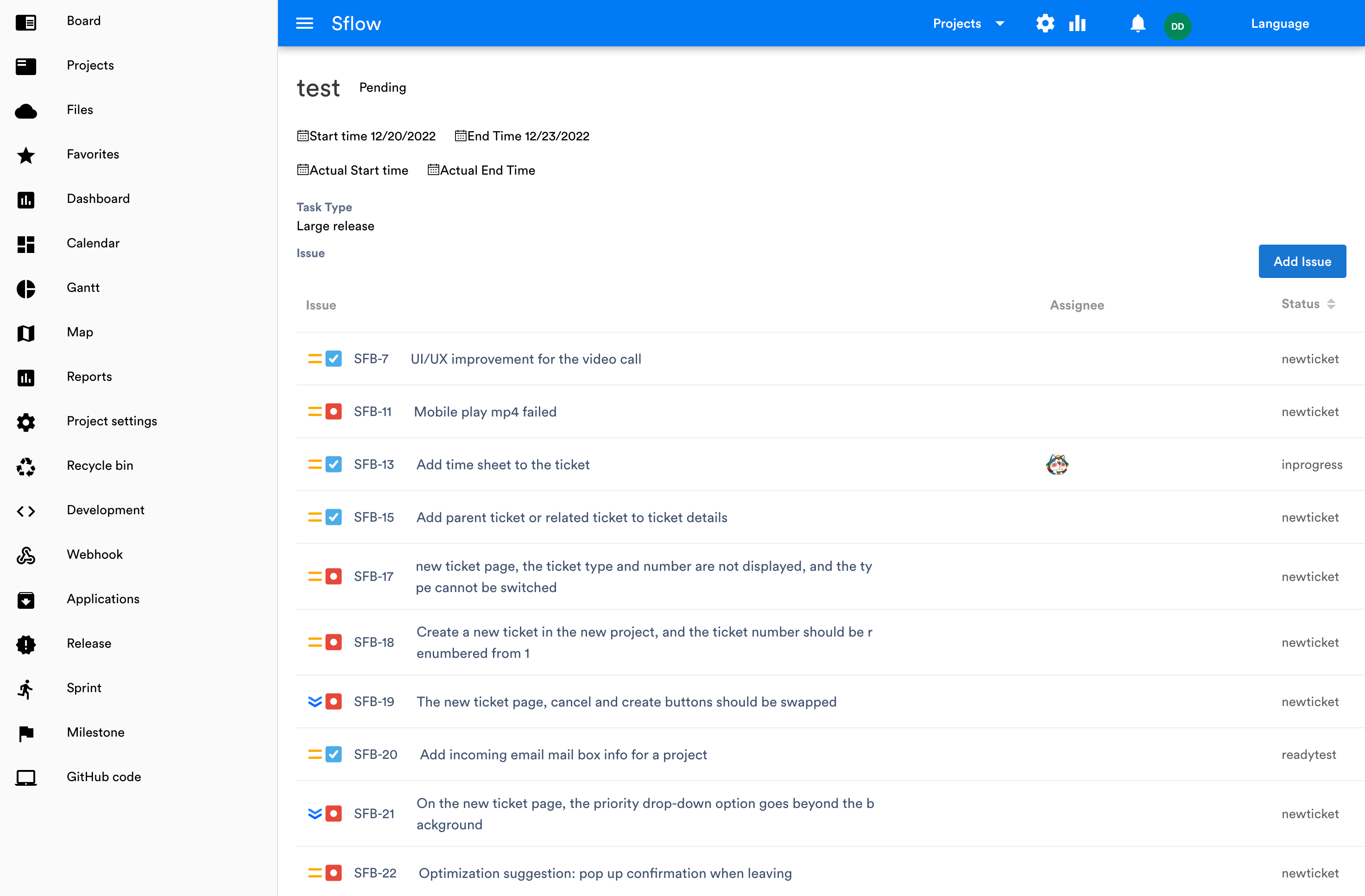
05. Sprint
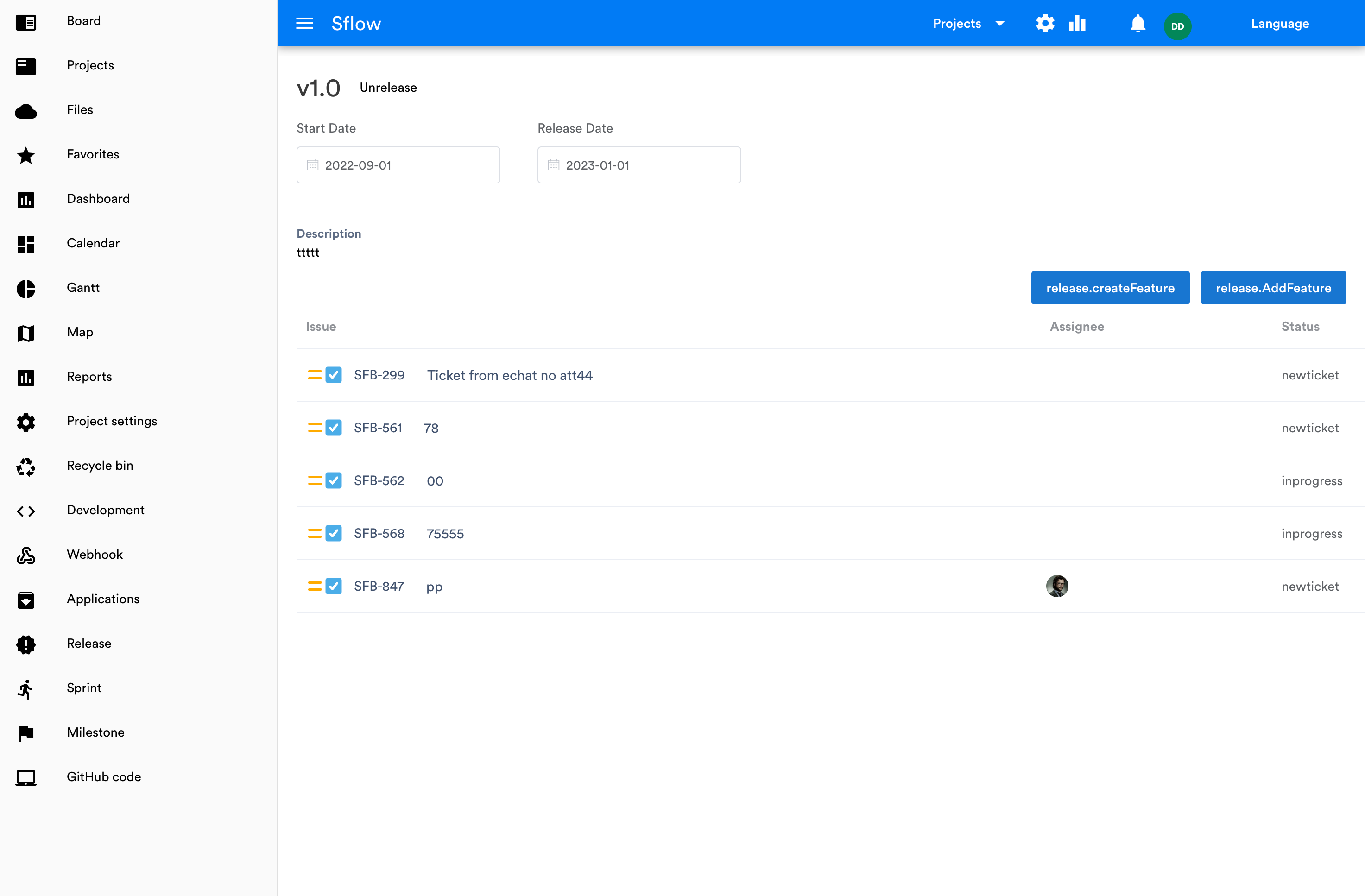
06. Release
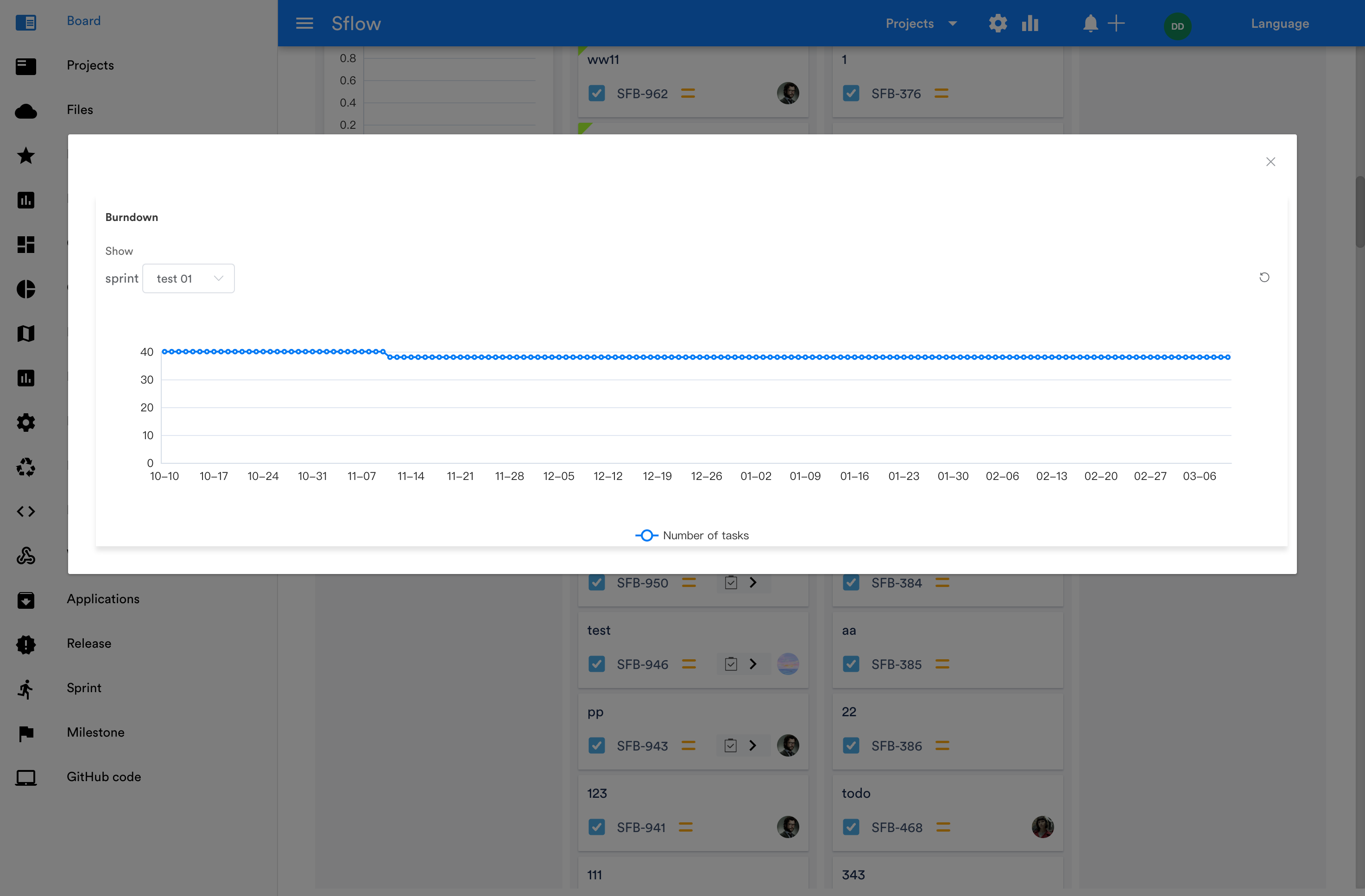
07. Burn down chart
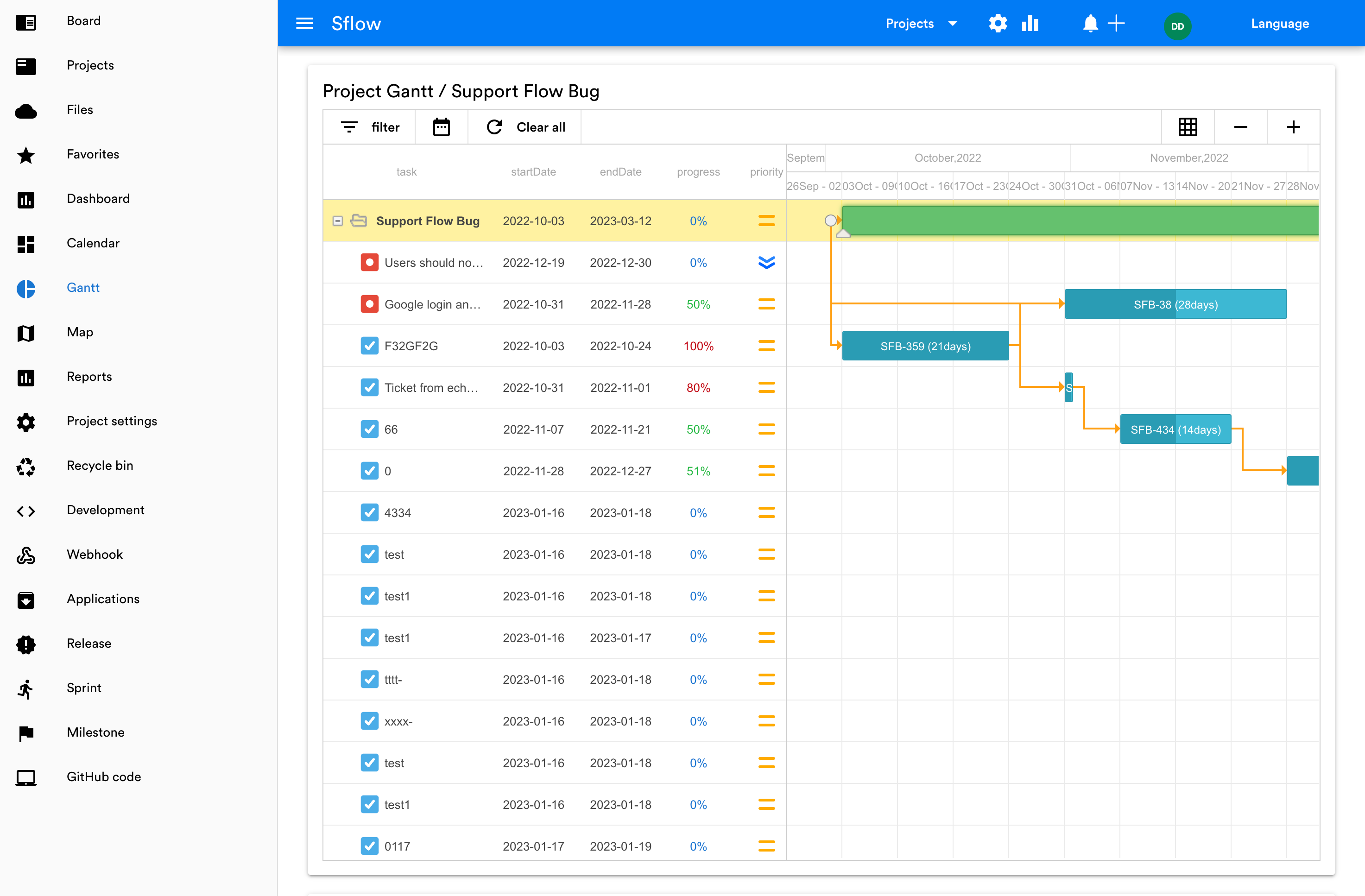
08. Gantt chart

Agile methodologies are widely used in software development for iterative progress and continuous improvement.

Agile project management helps in planning and executing marketing campaigns with flexibility and adaptability.

Agile facilitates rapid prototyping and iterative feedback in product development.

Agile methodologies ensure efficient and adaptable event planning and execution.Agile methodologies ensure efficient and adaptable event planning and execution.

Agile tools improve team communication and collaboration, leading to better project outcomes.

Agile methods allow for quick adjustments based on feedback and changing requirements.

Agile tools streamline workflows and reduce bottlenecks, enhancing overall team productivity.

Continuous testing and feedback in Agile ensure higher quality deliverables.

Agile reduces waste and focuses on delivering value, leading to cost savings.

Agile methodologies encourage regular project reviews and updates, increasing team transparency regarding project progress and goals.

InnovateTech Solutions Chief Product Officer

BrightWave MarketingCampaign Strategy Director

Precision Manufacturing Group Project Management Director
By using Your Website Name,
you agree to our Cookie Policy.